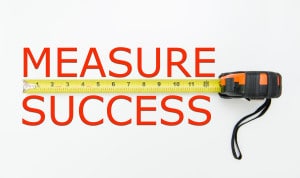Like most sales managers, I spent several years as a sales rep before promotion to a sales management position. Here’s what I know now that I wish I could have advised my newly-promoted self back in the day:
Your top sales rep may not be your best choice for promotion to sales manager
I had a sales manager opening to fill, and two quota-producing salespeople I was considering for the promotion. My top producer, Mike, was an exceptional salesperson. He had a “motor” that was 2nd to none and was consistently 120% of quota. He was highly competitive and incredibly hard-working. When Mike won a big sale he’d get very jazzed, but when he lost a sale he could get down in the dumps.
My #2 producer, Darren, consistently produced at 100-110% of quota. Darren was more even keel than Mike.
Naturally, I promoted Mike, my top producer because he sold more. It was a huge mistake!
Read full article









